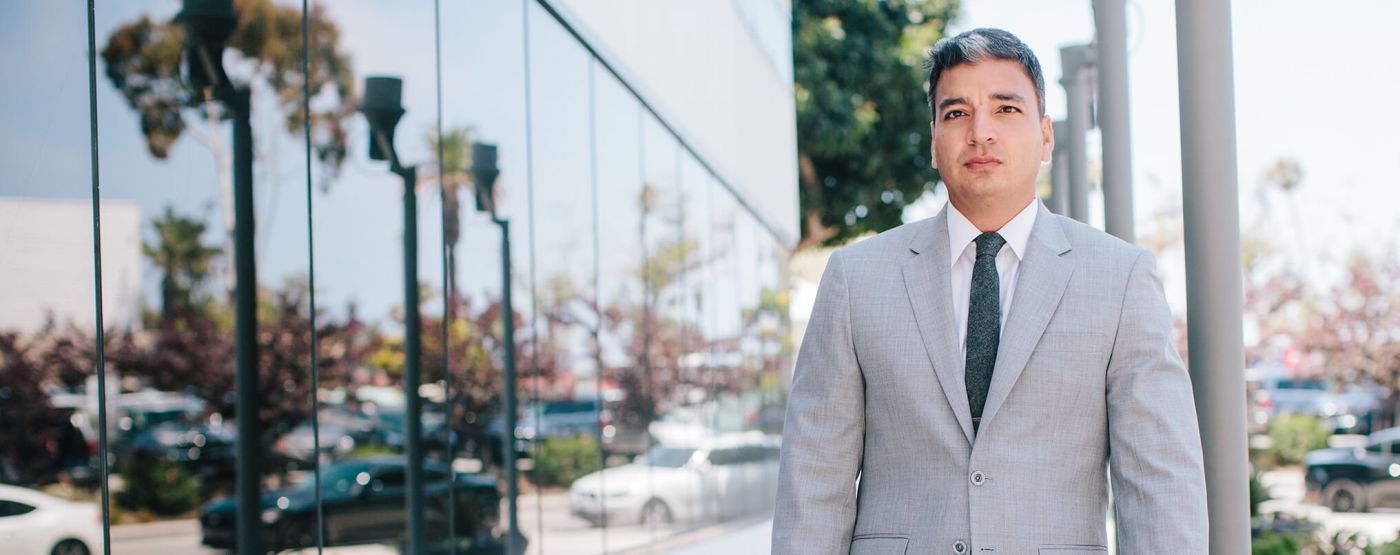
MENTAL HEALTH DIVERSION IN LOS ANGELES AND ORANGE COUNTY
Criminal justice reform has swept across the nation and California in particular over the past few years. As a criminal defense attorney and former prosecutor, I have been pleased to see the government begin to understand that rehabilitation and treatment are more valuable than simply punishing individuals by warehousing them in jails and prisons. The Los Angeles County District Attorney, Jackie Lacey, has even been quoted saying, “Obviously, with some of the people who are mentally ill … those folks have to be in a secure setting such as a jail and receive their treatment there because they are dangerous. But there are a number of people in a number of cases that we have encountered where they do not display those violent tendencies.”
One recent development that deserves particular attention is a law passed by the legislature in 2018 addressing mental health diversion. The law was put into the California Penal Code under Section 1001.36 (PC 1001.36) and is commonly known as “mental health diversion” in Los Angeles and Orange County. The law allows eligible and willing defendants to participate in a pretrial diversion program addressing mental health issues. Certain crimes including murder, rape, and child molestation are ineligible for mental health diversion. If a defendant is offered and successfully completes the program, the criminal charges against the defendant can be dismissed. But the court must follow specific guidelines in offering diversion under PC 1001.36.
In order for a defendant to be eligible for mental health diversion, the following factors must be present:
The defendant must suffer from a mental health condition (other than pedophilia, antisocial personality disorder, or borderline personality disorder).
The condition must have played a major role in the commission of the charged offense.
A qualified mental health expert forms the opinion that the defendant would respond to mental health treatment.
The defendant agrees to participate in a treatment program and waives his right to a speedy trial.
The court is satisfied that the defendant will not pose an unreasonable risk to public safety.
Each of the above factors will be closely examined by the court before offering mental health diversion. The new law has been criticized by many prosecutors’ offices as being too lenient and this pushback has resulted in many judges being hesitant to offer diversion except in the most exceptional cases.
If a defendant is successful in getting diversion under Penal Code 1001.36, the law also dictates certain guidelines that must be present in any treatment program:
Mental health diversion will last a maximum of two years
The program may consist of either inpatient or outpatient treatment at the court’s discretion
Before approving a treatment program, the court should consider the wishes of both the prosecution and defense, the needs of the defendant, and the interests of the community
The program may be paid from private funds or public funds if the defendant is financially unable to pay for treatment independently.
The designated treatment provider will submit progress reports to the court, the defense, and the prosecutor. The court retains the ability to modify treatment or reinstate criminal proceedings if necessary.
The criminal court will deem a defendant to have successfully completed mental health diversion if the defendant has:
Complied with the requirements of diversion;
Avoided significant new violations of the law unrelated to the mental health condition and;
Implemented a plan for long term mental health care.
The successful completion of mental health diversion will result in the dismissal of criminal charges and a sealing of the underlying arrest.
Mental health diversion offers significant rewards but comes with significant challenges to getting approved. If this is even a possible option for you or a loved one, then it is vital to speak to an attorney who knows the law and is respected by judges and attorneys across Los Angeles and Orange County. As a former prosecutor who has experience working with mental health defenses, I urge you to contact me today to begin building your defense.
